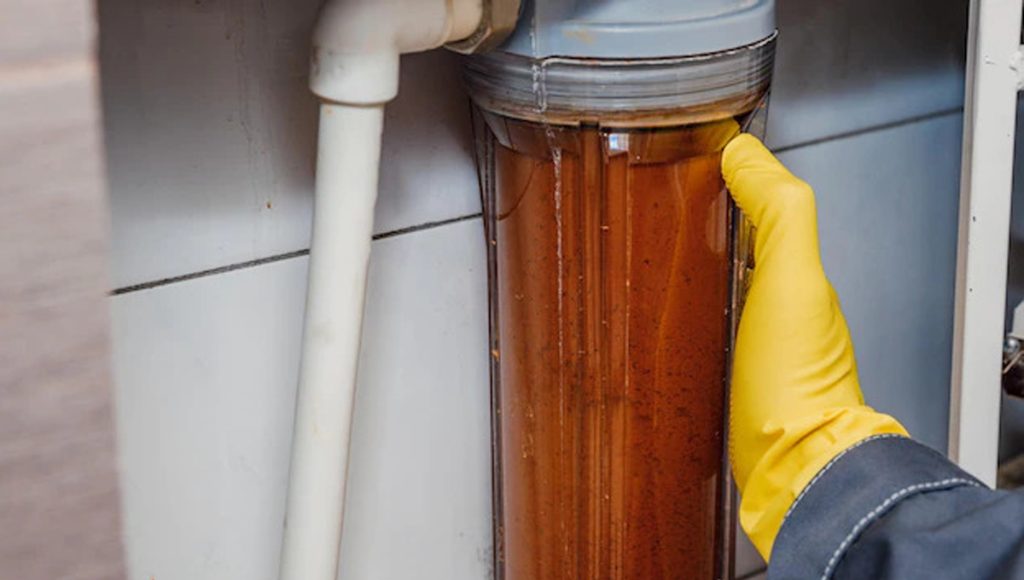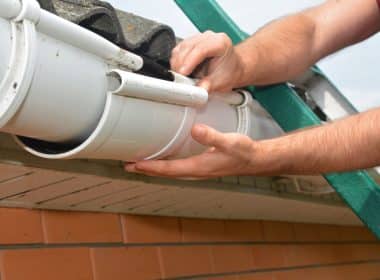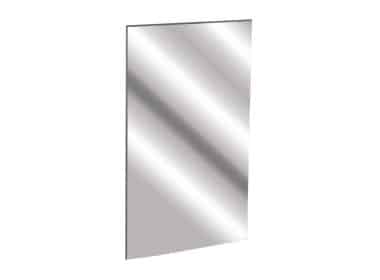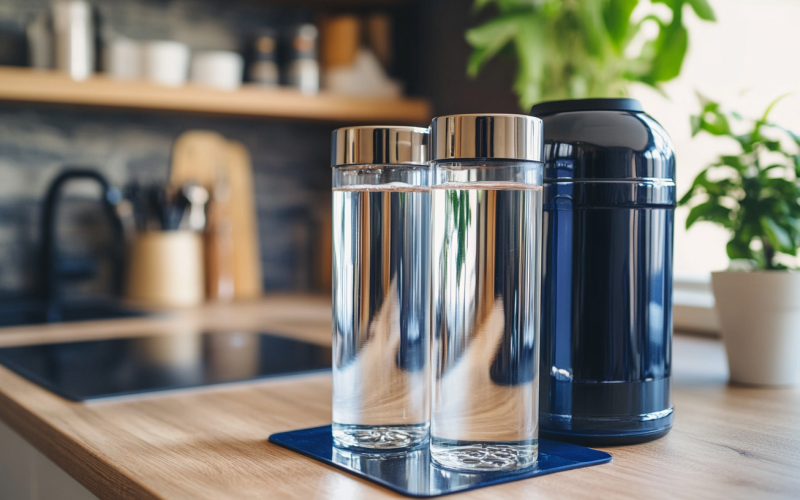A whole house water filtration system plays an essential role in guaranteeing that the water in your home is pure, safe, and enjoyable. These systems offer numerous advantages by eliminating contaminants, enhancing taste and odor, and safeguarding your plumbing and appliances.
However, to ensure they remain effective, it is important to grasp the lifespan of a whole house water filter and the elements that affect it. This article will explore the consequences of not replacing the filter, the various components of a whole house system, and the expected duration of its effectiveness.
What Happens When You Don’t Replace the Filter?

Failing to replace your whole house water filter can lead to a range of issues, impacting both your health and the efficiency of your water filtration system. Over time, filters become saturated with contaminants like chlorine, lead, and other chemicals, reducing their ability to purify water effectively.
Filters can harbor mold and microbes if not replaced, posing health risks. Accumulated sediment can bypass clogged filters, leading to discolored and poor-quality water.
A clogged filter can cause a significant drop in water pressure, affecting your entire home’s water supply. Inefficient filters may require more water to achieve the same level of filtration, leading to higher water bills.
Excess sediment can damage plumbing fixtures and reduce the lifespan of water-dependent appliances like dishwashers and washing machines. High mineral content can cause scaling in pipes and appliances, leading to costly repairs.
How Many Replaceable Filters are in a Whole House System?
A typical whole house water filter system includes several stages of filtration, each designed to tackle different types of contaminants. The pre-filter is responsible for removing larger particles such as sand, silt, and sediment, protecting the subsequent filters from clogging.
The activated carbon filter targets chemical contaminants, improving water taste and odor by removing chlorine, pesticides, and other harmful substances. The post-filter provides an additional layer of protection, capturing any remaining microscopic contaminants and ensuring high water quality.
How Long Does a Whole House Water Filter Last?

The lifespan of a whole house water filter depends on several factors, including water usage, water quality, and the type of filter system you have. Homes with high water consumption may require more frequent filter replacements. Monitoring your water usage can help determine the optimal replacement schedule.
For an average household, filters typically last between 6 to 12 months, but this can vary based on the specific conditions and system capacity. Water sources with high levels of contaminants will necessitate more frequent filter changes. Regular water quality testing can help you gauge when to replace your filters.
In areas with moderate contamination, filters may last longer but still need regular monitoring and replacement to ensure effectiveness. Two-stage water filter systems often include a pre-filter and a carbon filter. Pre-filters generally need to be replaced every 3 to 6 months, while carbon filters can last 6 to 12 months.
More complex systems with additional stages may have varying replacement schedules for each filter type. Refer to the manufacturer’s guidelines for accurate maintenance schedules.











